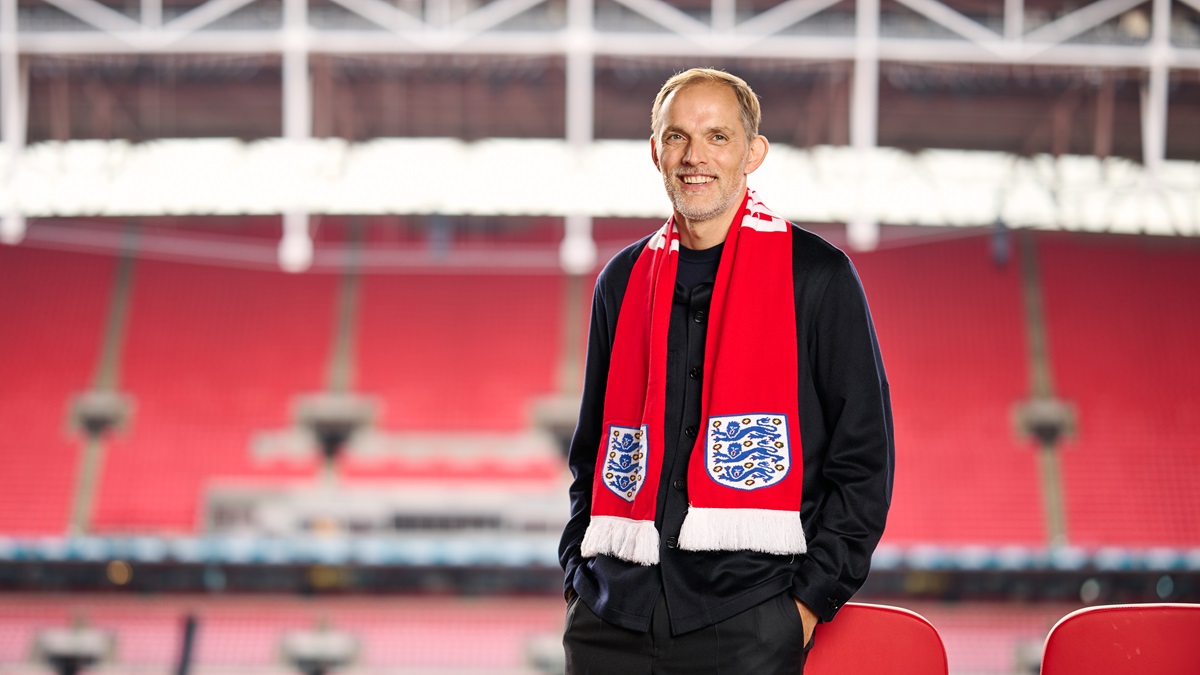Elite sport shows us how to reach the top and stay there

Like any seismic event, the pandemic has left a lasting legacy. When it comes to leadership, this has been particularly profound. Covid-19, and the chaos and upset that came with it, wreaked havoc on the wellbeing, health and sustained performance of many leaders and entrepreneurs across sectors.
And it hasn’t been limited to just that period. We are now seeing a tsunami effect with increasing numbers finding that their professional lives are all-encompassing and draining. Add to this the dramatically increased pace of change in pretty much every sector due to the explosion of generative AI. And, for many sectors, there is the increased buffeting caused by the fact that the foundations of the world order are seemingly being shaken.
And yet strong leadership remains central to the performance of every single organisation. Yes, leadership can be hard and yes it can be relentless, but how can you counteract this, to ensure that you as a leader stay at the very top of your game? What steps can you take – how can you operate, how can you lead – to combat this? It really is a marathon, not a sprint.
Business leaders are very familiar with drawing lessons from sport, particularly around “winning” and “high performance”. But we have all been missing a trick. Day in, day out, sport has been showing us not only how to improve, perform and achieve, but how to do so on a sustained basis, in a way that ensures we can consistently deliver results when it matters.
With my privileged view into world-class sport and top-level business, and with insights and wisdom from top performers in both worlds, I felt called to plug this gap and to provide a fresh and dynamic take on how – consistently and over the long term – we can bring out the best in ourselves, and in those we lead.
Whilst the final catalyst that prompted me to write my book Staying the Distance was a train journey from York to London during the pandemic (more on this another time), the initial prompt was a fascinating research project in the world of elite sport in the Rio Olympic cycle. The Great British Medallists Study was a collaboration between UK Sport, Bangor University, the University of Exeter and Cardiff Metropolitan University. Its aim was to comprehensively compare and identify differences and commonalities in the developmental biographies of high-achieving British athletes. Three main factors were identified as important contributors to success in both groupings of athletes (elite and super-elite):
- They were brought up in families where they were exposed to a “culture of striving”. This was demonstrated in one or more of the following:
- an environment and expectation of achievement
- a strong work ethic
- the environment was highly competitive
- high value was placed on mastery (“being the best that you can be”) and outcome (“achieving goals”)
- They demonstrated a very high level of conscientiousness towards sport
- They demonstrated a very high level of commitment to training
What has always stayed with me on reading this report is this focus on striving, on consciously wanting to continue to improve, whilst understanding the commitment it takes to ensure this. One of the challenges around striving, this drive to continuously improve, is how to do so in a way that ensures performance can be sustained. That makes it possible to stay the distance.
Now, through the book and elsewhere, I find myself increasingly asked to share insight on this specific area. It is therefore a delight to shine a light on some of these lessons in Business Leader. I will be sharing stories from a variety of elite athletes, coaches, and teams, anchoring them with cutting-edge research and business case studies, and providing practical guidance each time for how to deploy them into your own leadership.
Catherine Baker is the founder and director at Sport and Beyond, and the author of Staying the Distance: The Lessons from Sport that Business Leaders Have Been Missing



